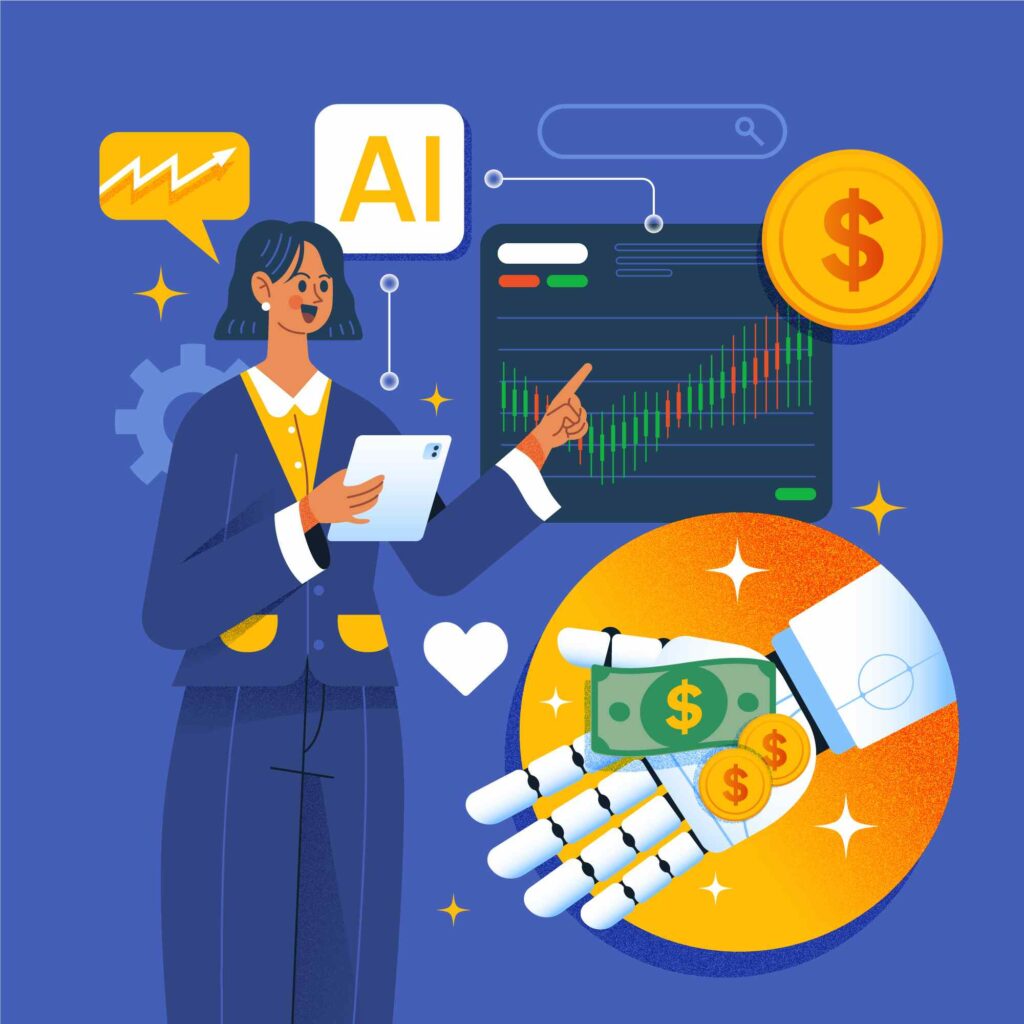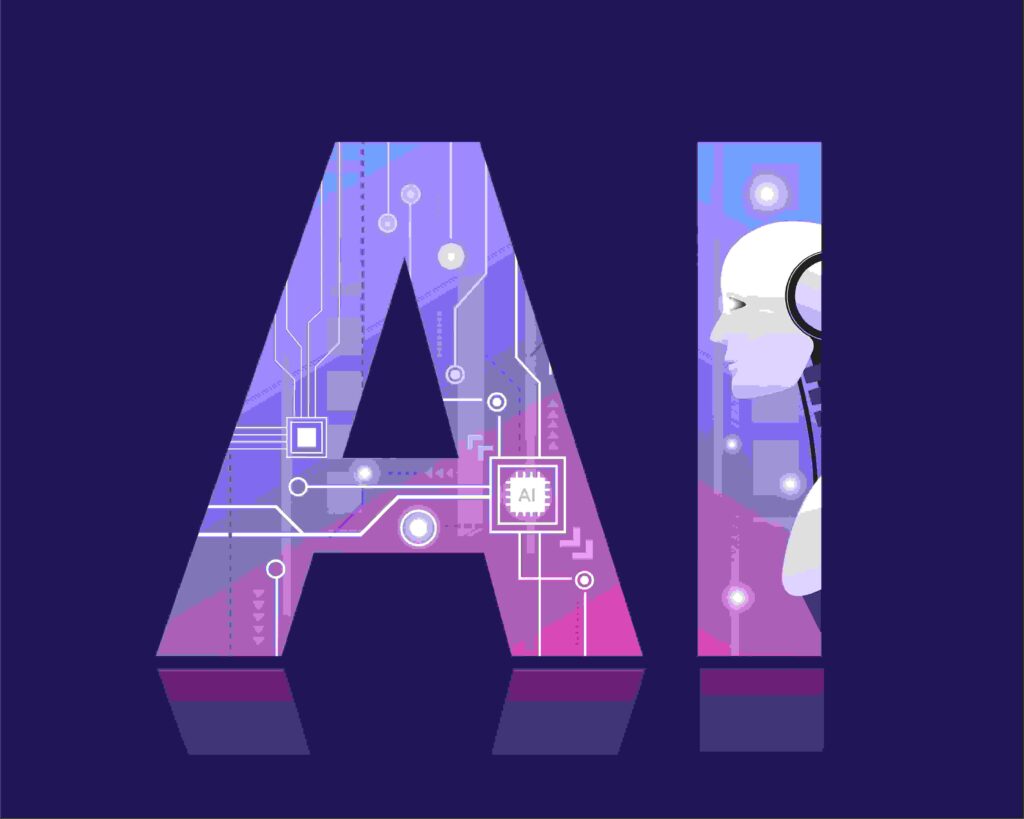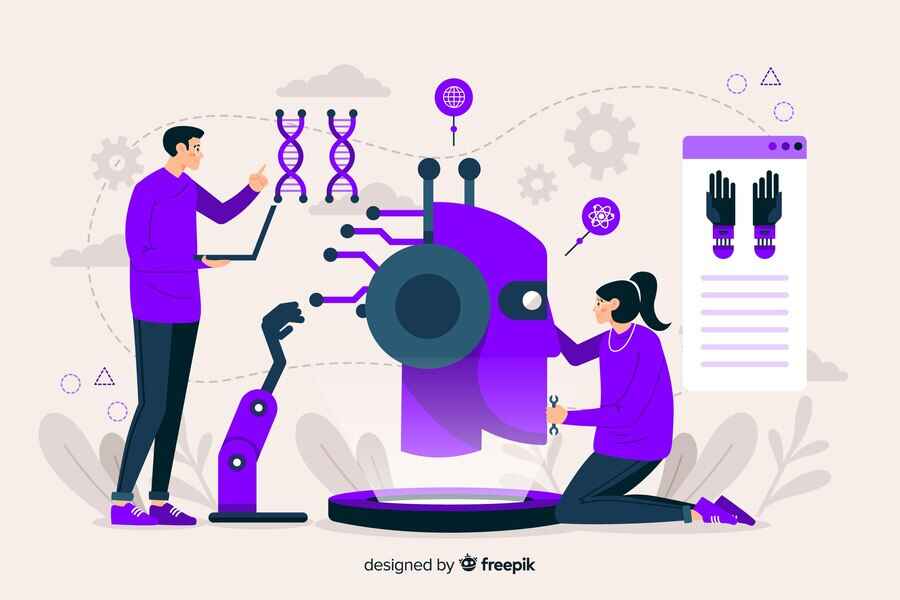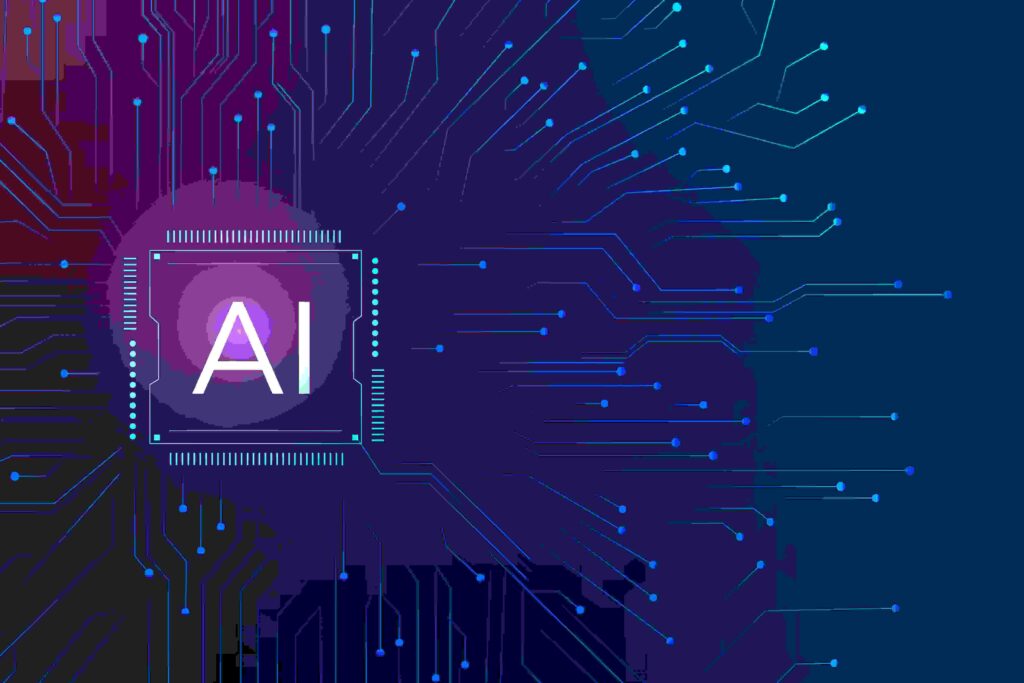

This Advanced AI Ethical Hacking Course guide explores the intricacies of this advanced course, including why it’s essential, its detailed curriculum, the tools you’ll master, and how it prepares you for a lucrative career in cybersecurity.
Why AI is Transforming Cybersecurity
AI has fundamentally reshaped the cybersecurity landscape. It empowers ethical hackers to automate routine tasks, identify vulnerabilities faster, and predict potential threats. However, cybercriminals have also weaponized AI, making traditional security measures inadequate.
In 2024 alone, AI-enhanced cyberattacks accounted for over 50% of global cyber incidents. As AI grows more sophisticated, its attacks and defense applications will continue to expand. The Advanced AI Ethical Hacking Course prepares professionals to meet these challenges by teaching them to harness AI’s potential for good.
How the Advanced AI Ethical Hacking Course Prepares You
This course offers a unique blend of cybersecurity principles and AI-driven methodologies. It enables participants to:
- Understand AI Integration: Learn how AI enhances ethical hacking techniques to counteract advanced threats.
- Develop AI Models: Build and train machine learning models for intrusion detection, malware analysis, and more.
- Simulate Cyberattacks: Create realistic attack scenarios using AI to test system vulnerabilities effectively.
- Automate Security Processes: Use AI to streamline vulnerability assessment and penetration testing tasks.
The result? A highly skilled professional capable of staying ahead of cybercriminals in an ever-evolving digital world.
Curriculum of Advanced AI Ethical Hacking Course
The curriculum of the Advanced AI Ethical Hacking Course is designed to ensure participants gain comprehensive knowledge and practical experience. Below are the core modules and their components:
Module 1: Foundations of AI in Cybersecurity
- The role of AI in modern cybersecurity.
- Basics of machine learning, neural networks, and data analysis.
- Overview of ethical hacking frameworks and their integration with AI tools.
Module 2: AI-Driven Threat Detection
- Leveraging AI for real-time threat identification and mitigation.
- Building models to detect anomalies in network traffic.
- Case studies: Successful applications of AI in cybersecurity.
Module 3: Penetration Testing with AI
- Automating reconnaissance and exploiting vulnerabilities.
- Using AI-enhanced tools for penetration testing.
- Hands-on labs: Conducting simulated attacks using AI algorithms.
Module 4: Adversarial AI and Countermeasures
- Understanding adversarial AI attacks.
- Techniques to protect AI systems from manipulation.
- Building robust defenses against AI-driven cyber threats.
Module 5: Malware Analysis and Prevention
- Identifying malware using AI classifiers.
- Training deep learning models to recognize ransomware and trojans.
- Practical labs: Reverse engineering malware with AI tools.
Module 6: Capstone Project
- A real-world simulation of AI-driven penetration testing.
- Presenting findings and proposing actionable cybersecurity strategies.
This structured learning pathway ensures that every participant leaves the course with advanced skills and a robust understanding of AI-powered ethical hacking.
Tools You’ll Master in Advanced AI Ethical Hacking Course

One of the highlights of the Advanced AI Ethical Hacking Course is its hands-on approach to learning. Participants gain proficiency in the following tools:
- TensorFlow and PyTorch: For building machine learning models used in threat detection and analysis.
- Metasploit AI: Enhances traditional penetration testing capabilities with AI-driven insights.
- Kali Linux with AI Add-ons: A complete suite of tools for AI-enhanced ethical hacking.
- Snort AI: Combines real-time intrusion detection with machine learning.
- IBM Watson for Cybersecurity: Uses natural language processing to identify and mitigate threats.
Mastering these tools ensures participants can tackle real-world challenges effectively.
Real-World Applications of AI Ethical Hacking
The practical skills gained from an Advanced AI Ethical Hacking Course translate into diverse real-world applications, including:
- Corporate Security Testing:
AI-powered penetration tests simulate sophisticated attacks to expose and fix vulnerabilities in corporate networks. - Government Cybersecurity:
Protect critical infrastructure and sensitive data from nation-state actors using AI-enhanced defenses. - IoT Device Protection:
With billions of IoT devices connected worldwide, AI helps safeguard these devices from exploitation. - Financial Systems Security:
AI detects and mitigates fraudulent transactions and secures payment gateways. - Healthcare Cybersecurity:
Protect patient data and medical devices from ransomware and unauthorized access.
AI Ethical Hacking Career Opportunities
Graduates of the Advanced AI Ethical Hacking Course are highly sought after across industries. Here are some roles you can pursue:
1. AI Cybersecurity Analyst
Monitor and protect systems using AI tools, ensuring real-time threat mitigation.
2. AI Penetration Tester
Specialize in using AI to find and exploit vulnerabilities in systems and networks.
3. Adversarial AI Researcher
Focus on developing defenses against malicious uses of AI.
4. Cyber Threat Intelligence Specialist
Analyze trends, predict future attacks, and develop strategies using AI.
5. Automation Security Engineer
Automate repetitive security tasks with AI to improve efficiency.
6. AI Cybersecurity Consultant
Advise organizations on implementing AI-driven solutions to enhance their security frameworks.
Ethical Challenges in AI Ethical Hacking
While AI is a powerful tool, it also introduces ethical challenges that every professional must address:
- Dual-Use Technology: AI can be used for both good and malicious purposes. Ethical hackers must ensure their work adheres to legal and ethical standards.
- Privacy Concerns: AI’s ability to process vast amounts of data raises questions about user privacy.
- Bias in AI Models: Ethical hackers must ensure AI systems are trained on diverse datasets to avoid biased decision-making.
- Accountability: Determining responsibility when an AI system causes unintended harm remains a gray area.
Addressing these challenges is a key component of the Advanced AI Ethical Hacking Course, ensuring professionals use AI responsibly.
Certifications to Supplement the Advanced AI Ethical Hacking Course

After completing the Advanced AI Ethical Hacking Course, earning certifications can significantly boost your career prospects. Below is a detailed list of top certifications, including their focus areas and direct links to explore them:
1. AI+ Ethical Hacker (AI CERTs)
This certification focuses on equipping ethical hackers with AI-based tools and techniques to counteract advanced cyber threats. It emphasizes practical applications like AI-driven penetration testing and adversarial defense strategies.
- Key Highlights:
- AI in threat detection and malware analysis.
- Adversarial AI and countermeasures.
- Real-world applications in cybersecurity.
- Who Should Pursue This?
Professionals who want to specialize in integrating AI with ethical hacking.
2. Certified Information Systems Security Professional (CISSP)
Offered by (ISC)², the CISSP certification is globally recognized as a standard for information security expertise. It covers eight domains, including AI-driven cybersecurity strategies.
- Key Highlights:
- Covers access control, cryptography, and AI in cybersecurity.
- Emphasizes risk management and advanced security practices.
- Validates expertise in designing and managing security systems.
- Who Should Pursue This?
Mid-level and senior professionals aiming for leadership roles in cybersecurity.
3. Offensive Security Certified Professional (OSCP)
This hands-on certification from Offensive Security focuses on practical penetration testing skills. Its AI-integrated modules allow professionals to test AI-enhanced defenses effectively.
- Key Highlights:
- Real-world penetration testing scenarios.
- Hands-on labs with AI-enhanced tools.
- Training on exploiting vulnerabilities in AI-powered systems.
- Who Should Pursue This?
Ethical hackers looking to demonstrate their technical prowess in AI-based and traditional systems.
4. AI in Cybersecurity Certificate (Stanford Online)
This program offers a deep dive into how AI can be leveraged in cybersecurity. It includes case studies and hands-on projects using AI for real-time threat detection.
- Key Highlights:
- Covers AI models for network security and malware detection.
- Explores ethical challenges in AI applications.
- Hands-on experience with AI algorithms and cybersecurity frameworks.
- Who Should Pursue This?
Professionals interested in the academic and technical aspects of AI-driven cybersecurity.
5. Certified Adversarial AI Specialist (CAAS)
This niche certification focuses on adversarial AI, teaching professionals to identify and mitigate attacks designed to exploit AI systems.
- Key Highlights:
- Techniques to protect against adversarial AI attacks.
- Developing robust AI systems immune to manipulation.
- Comprehensive training in AI-specific security protocols.
- Who Should Pursue This?
Those specializing in securing AI systems and applications from emerging threats.
Why Certifications Matter
Earning certifications validates your skills and enhances your professional credibility. They are essential for standing out in the competitive field of AI-driven ethical hacking. Each certification offers a unique value proposition, helping you tailor your career to your interests and expertise.
These certifications not only complement the Advanced AI Ethical Hacking Course but also open doors to leadership roles and lucrative career opportunities in cybersecurity.
How to Get Started
Enrolling in the Advanced AI Ethical Hacking Course is a straightforward process:
- Research the best platforms offering the course.
- Choose a program that aligns with your goals and budget.
- Prepare by brushing up on fundamental cybersecurity and AI concepts.
- Dedicate time to practice hands-on labs and projects.
Conclusion
The Advanced AI Ethical Hacking Course is more than just a training program, it’s an investment in your future. By mastering AI-driven ethical hacking techniques, you position yourself at the forefront of a rapidly evolving field, ready to tackle the most sophisticated cyber threats.
Leap today and secure your place in the future of cybersecurity. The world needs ethical hackers armed with AI expertise, and the Advanced AI Ethical Hacking Course is your gateway to making a meaningful impact.
“Ready to elevate your AI expertise? Contact AI CERTs today and start your journey toward becoming an AI leader!”
Here are our other articles you might be interested:


























